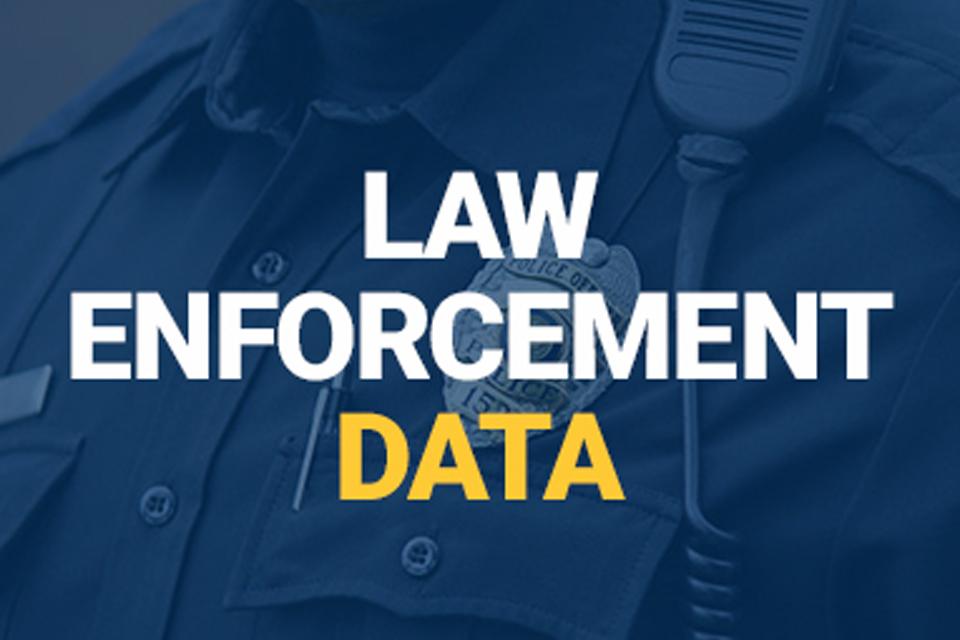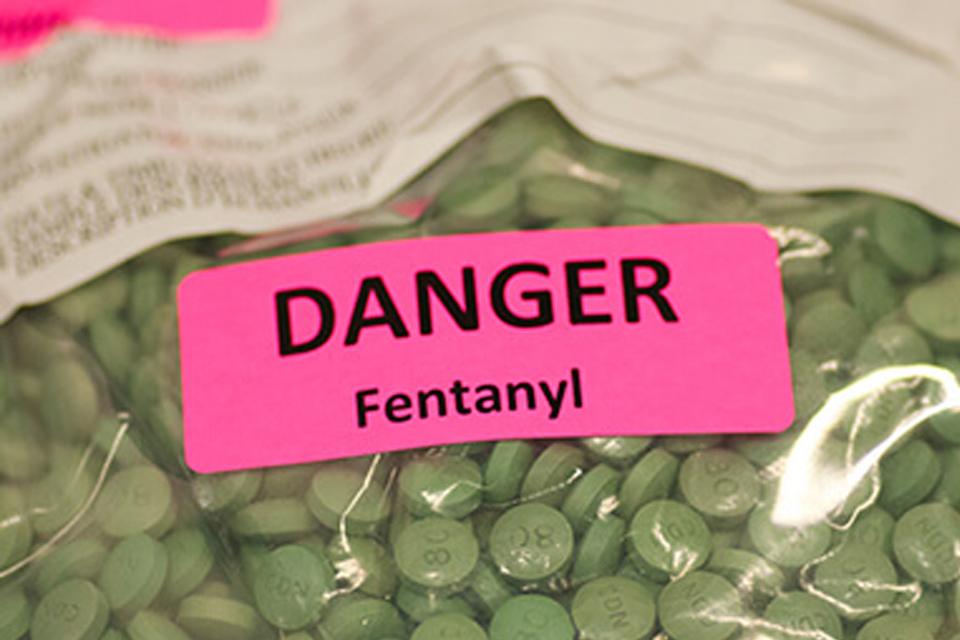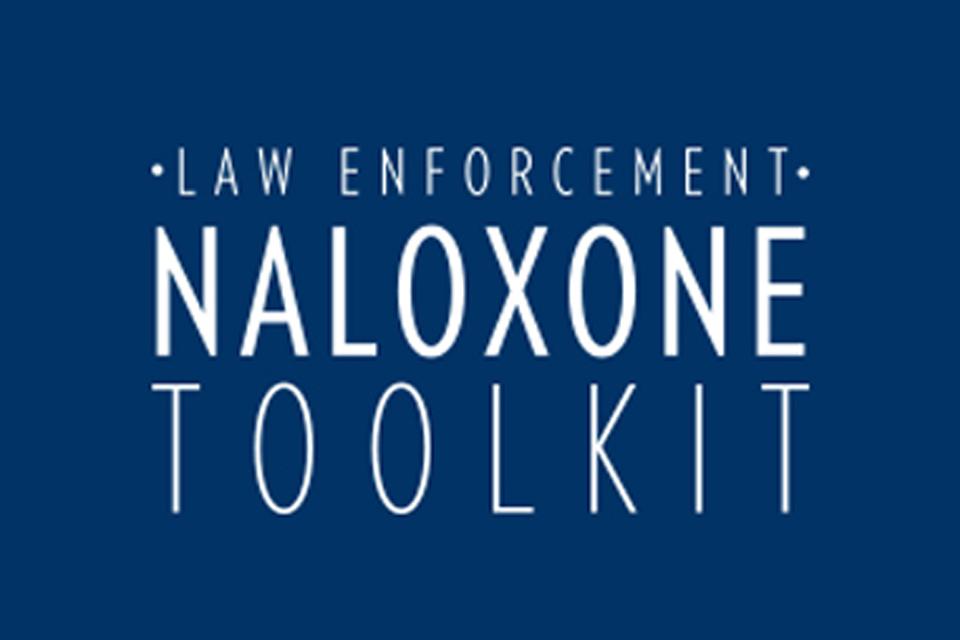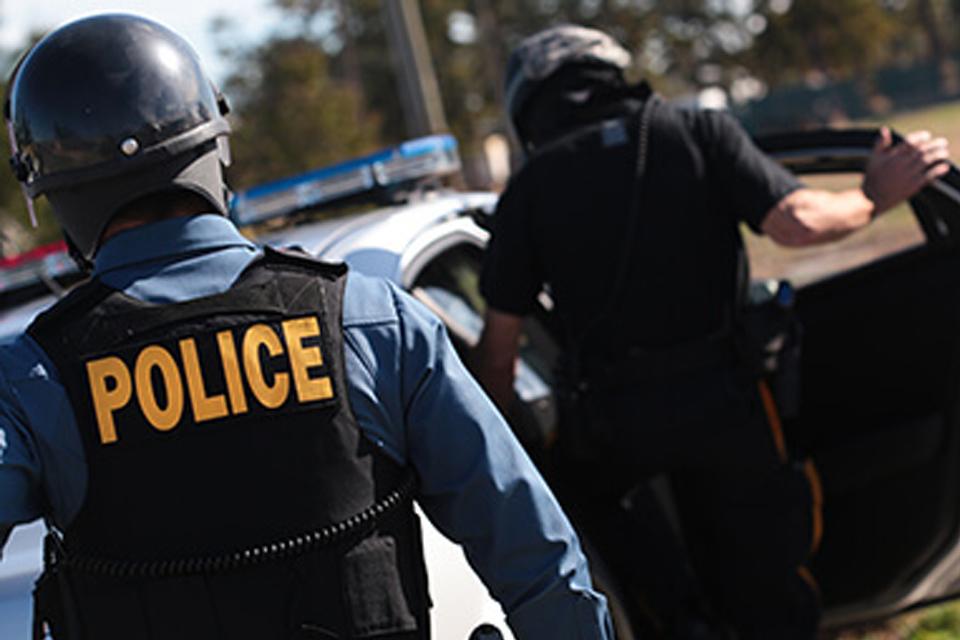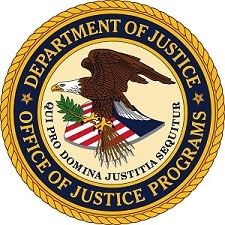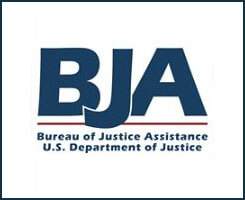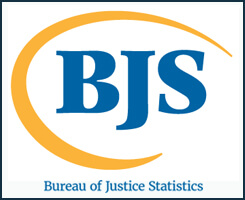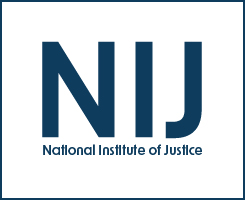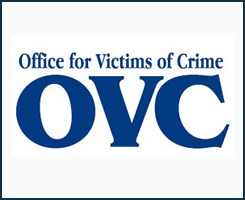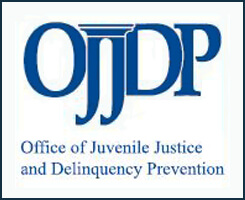These reports present personnel information on the approximately 12,300 local police departments and 3,000 sheriffs' offices in the United States in 2016.
Combating Opioids and Other Drugs
DOJ is committed to helping law enforcement fight the national opioid epidemic by providing the tools and resources necessary to make a difference in their communities. Learn more about the resources available to law enforcement and other first responders to combat opioids and other drugs.
Cold Case Investigation Best Practices
This guide presents 23 recommendations to assist law enforcement agencies in implementing and sustaining a cold case unit in their jurisdictions.
Law Enforcement Safety and Wellness
Danger is intrinsic to law enforcement work. The DOJ recognizes that enabling and supporting the safety, health, and overall well-being of America's law enforcement professionals is a critical component to ensuring officers are ready to meet those dangers head on. Read about some of the resources DOJ provides to do just that.
Law Enforcement Naloxone Toolkit
The Law Enforcement Naloxone Toolkit is a clearinghouse of resources to support law enforcement agencies in establishing a naloxone program.
Resources to Help Victims of Crime
Law enforcement officers are usually the first to arrive on the scene of a crime and to interact with victims. This makes their role critical and puts them in a unique position to assist victims immediately after the crime and encourage and facilitate victim participation in the criminal justice system. DOJ offers numerous resources for law enforcement to support crime victims.
Resources for Tribal Law Enforcement
We honor and commemorate the service and sacrifice of all law enforcement across the U.S., including Native American and Alaskan tribal and village law enforcement professionals. The Department of Justice offers resources specifically for Indian Country enforcement.
DOJ Resources for Law Enforcement
Learn how DOJ equips officers with the tools needed to increase trust with the public, increase officer and public safety, and combat violent crime. From body armor selection and maintenance to incorporating research into policing, the DOJ offers a variety of resources available to America's law enforcement professionals.
Learn How OJP Supports and Protects America's Law Enforcement
OJP's Six Program Offices:
Bureau of Justice Assistance
The Bureau of Justice Assistance (BJA) helps to make American communities safer by strengthening the nation's criminal justice system: Its grants, training and technical assistance, and policy development services provide state, local, and tribal governments with the cutting edge tools and best practices they need to reduce violent and drug-related crime, support law enforcement, and combat victimization.
Bureau of Justice Statistics
The mission of the Bureau of Justice Statistics (BJS) is to collect, analyze, publish, and disseminate information on crime, criminal offenders, victims of crime, and the operation of justice systems at all levels of government. These data are critical to federal, state, and local law enforcement agencies and policymakers in combating crime and ensuring that justice is both efficient and evenhanded.
To learn more about the BJS Law Enforcement Unit data collections, visit: https://www.bjs.gov/index.cfm?ty=tp&tid=7
National Institute of Justice
The National Institute of Justice (NIJ) is dedicated to the development of knowledge and tools that will advance policing operations and practices and deliver policing services to communities more effectively and efficiently. NIJ is a leader in developing and advancing the research agenda for policing.
Office for Victims of Crime
The Office for Victims of Crime (OVC) supports partnerships with law enforcement agencies at the state, tribal, and local levels to combat crime, promote safer neighborhoods, and establish collaborations between police and the communities they protect. Through discretionary grant programs, training, and technical assistance, OVC grantees to help various agencies provide effective law enforcement to ensure the safety of their citizens to provide comprehensive services to victims and family members in the aftermath of violent crimes, such as homicide and sexual assault. Visit the Law Enforcement section of OVC's website for additional resources.
Office of Juvenile Justice and Delinquency Prevention
The Office of Juvenile Justice and Delinquency Prevention (OJJDP) provides national leadership and resources to prevent and respond to juvenile delinquency and child victimization. OJJDP's work helps enhance prosecution of child sex abuse cases, suppress youth gang violence and recruitment, and provide mentoring and intervention programs that respond to substance abuse.
Office of Sex Offender Sentencing, Monitoring, Apprehending, Registering, and Tracking
The Office of Sex Offender Sentencing, Monitoring, Apprehending, Registering, and Tracking (SMART) helps jurisdictions, including local police, monitor and track sex offenders in support of the Sex Offender Registration and Notification Act (SORNA). In addition to funding the National Sex Offender Public Website, the SMART Office provides two registration systems for jurisdictions: the Sex Offender Registry Tool for states, and the Tribe and Territory Sex Offender Registration System. These tools provide both a law enforcement-only administrative system and a public-facing website. Additionally, the SMART Office developed the SORNA Exchange Portal to facilitate communication among registration jurisdictions and to share offender relocation tasks, documents, files and historical statutes information.
To learn more about SORNA implementation in states and territories, visit the SORNA Progress Check.
Meet Our DOJ Partners:
COPS Office
The Office of Community Oriented Policing Services (COPS Office) is the component of the U.S. Department of Justice responsible for advancing the practice of community policing by the nation's state, local, territorial, and tribal law enforcement agencies through information and grant resources. Community policing begins with a commitment to building trust and mutual respect between police and communities. It is critical to public safety, ensuring that all stakeholders work together to address our nation's crime challenges. When police and communities collaborate, they more effectively address underlying issues, change negative behavioral patterns, and allocate resources. The COPS Office awards grants to hire community policing professionals, develop and test innovative policing strategies, and provide training and technical assistance to community members, local government leaders, and all levels of law enforcement. Since 1994, the COPS Office has invested more than $14 billion to help advance community policing.
Office on Violence Against Women
The Office on Violence Against Women (OVW) funds police departments, sheriffs' offices, and other law enforcement professionals to respond to the crimes of domestic violence, sexual assault, dating violence, and stalking. OVW technical assistance providers also offer trainings, toolkits, and other resources to assist law enforcement. OVW encourages all members of the law enforcement community to take advantage of OVW's resources, apply for grants, attend trainings, and contact them with any questions. Visit www.justice.gov/ovw or follow them on Twitter @OVWJustice.



